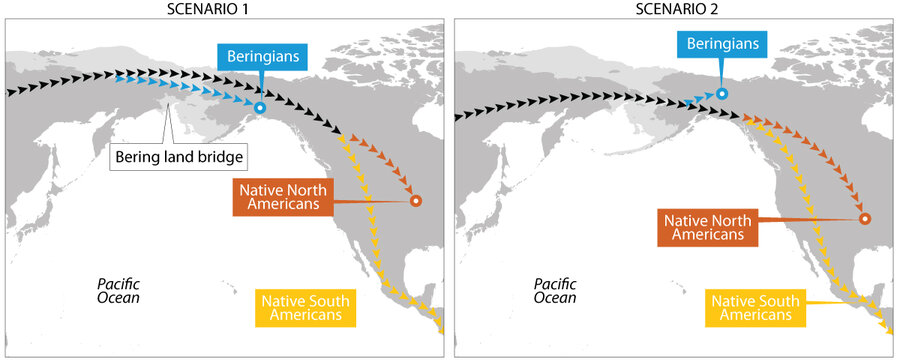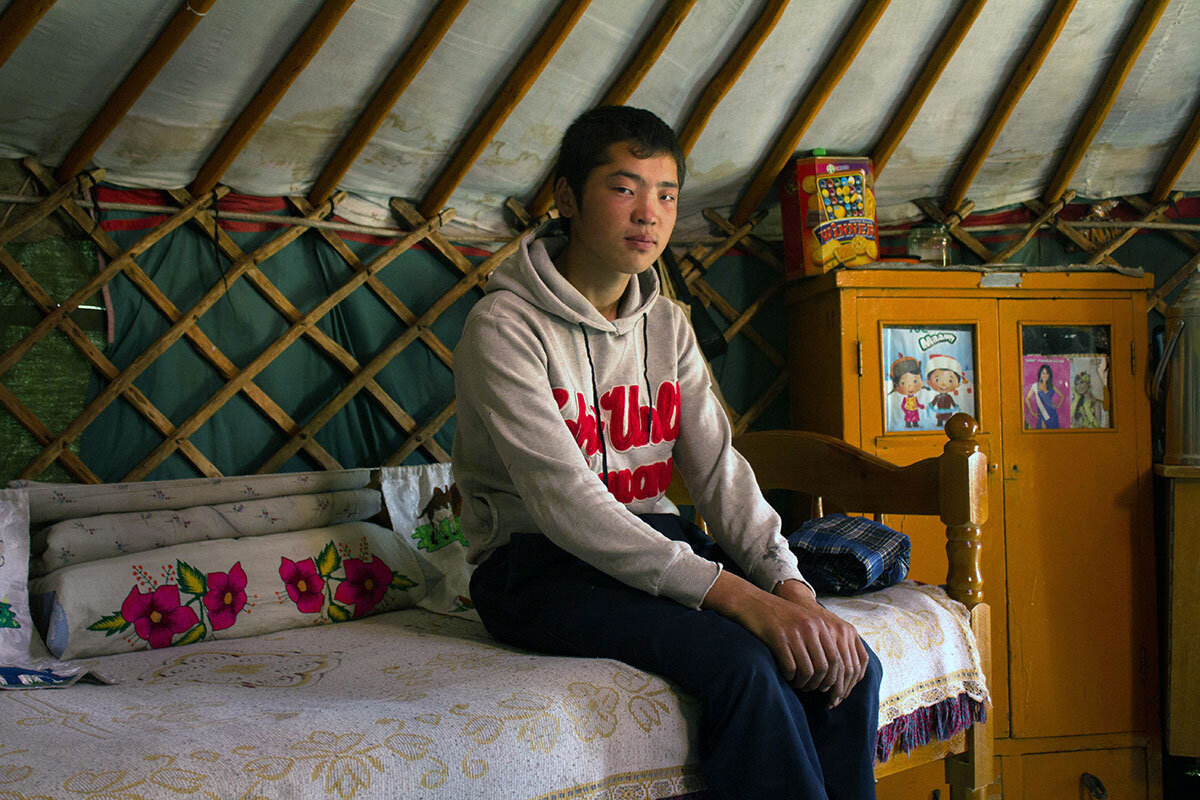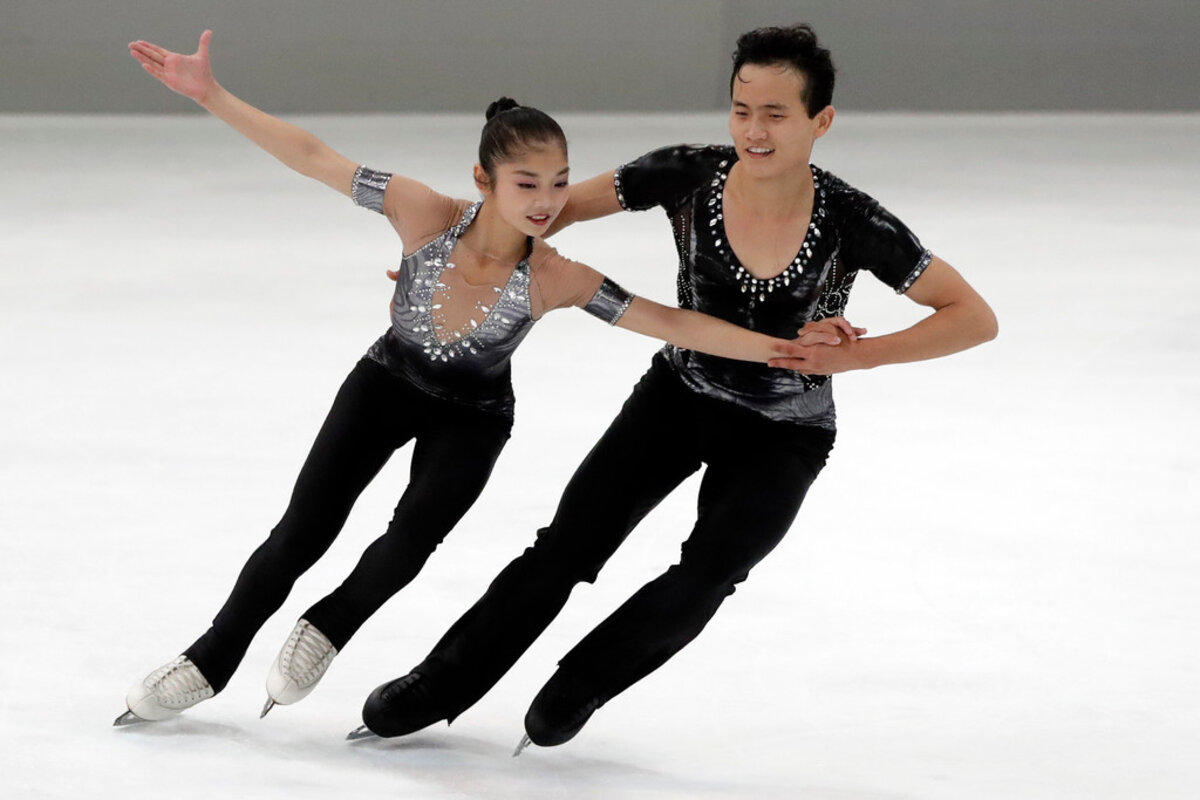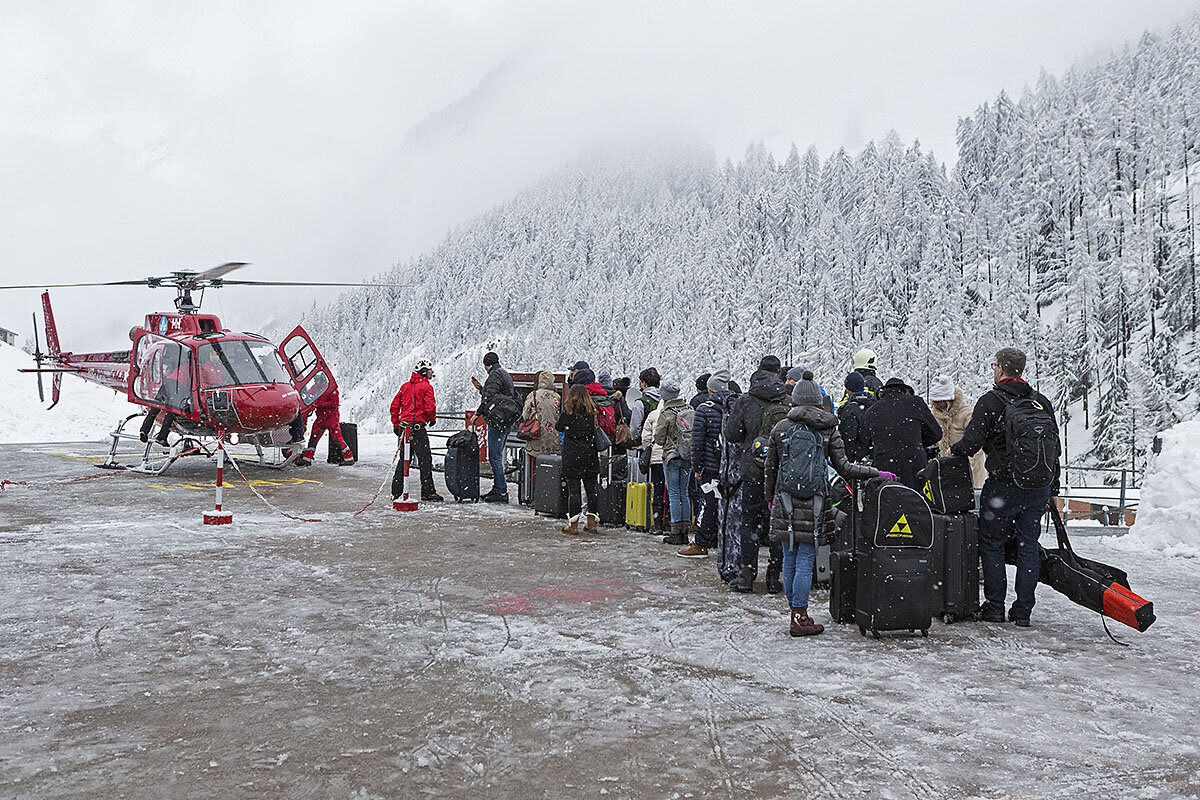Do celebrities make good leaders? Our reporter dug into this and what American voters are really looking for when they turn to an actor over an experienced politician.
Monitor Daily Podcast
- Follow us:
- Apple Podcasts
- Spotify
- RSS Feed
- Download
 David Clark Scott
David Clark Scott
With all of the day’s big news events – from North Korea to California mudslides – why focus on a football game between Georgia and Alabama?
Well, because anyone who watched the college national championship game Monday night wasn’t just entertained – they were inspired.
At halftime, one of the most successful coaches of all time was losing, 13-0. Alabama coach Nick Saban's response? Send a relatively inexperienced freshman quarterback into the game. It worked.
But as the game went into overtime, Tua Tagovailoa made a bad rookie mistake, and suddenly the team was looking at second down and 26 yards to go. A daunting setback. But as Sports Illustrated noted, “the great thing about freshmen is they don’t know what they don’t know….”
Experience can be bound – or discouraged – by the mistakes of the past. Youth tends to plunge ahead, stumble, and rebound. On the next play, Alabama’s QB threw to another freshman, DeVonta Smith, streaking down the sideline. Touchdown! Alabama wins, 26-23.
While some see freshmen as personifying inexperience, Saban banked on their resilience. To underscore the point, later Saban told the players: “The resiliency that you showed in this game helps you be more successful in life.”
Now on to our five selected stories today, where we examine a clash of conservative principles, as well as how education and technology are carving out paths to progress in Mongolia and North America.












